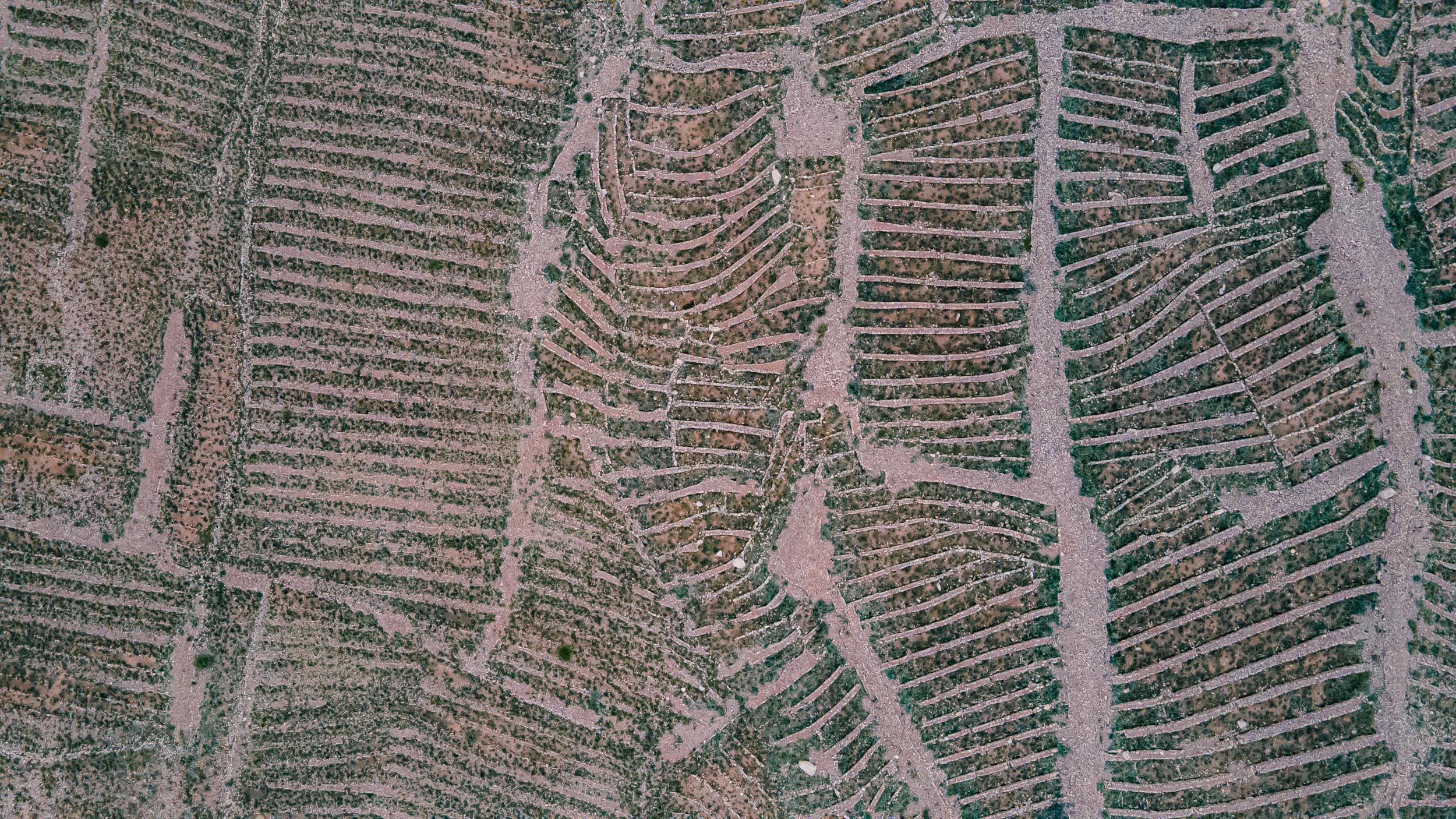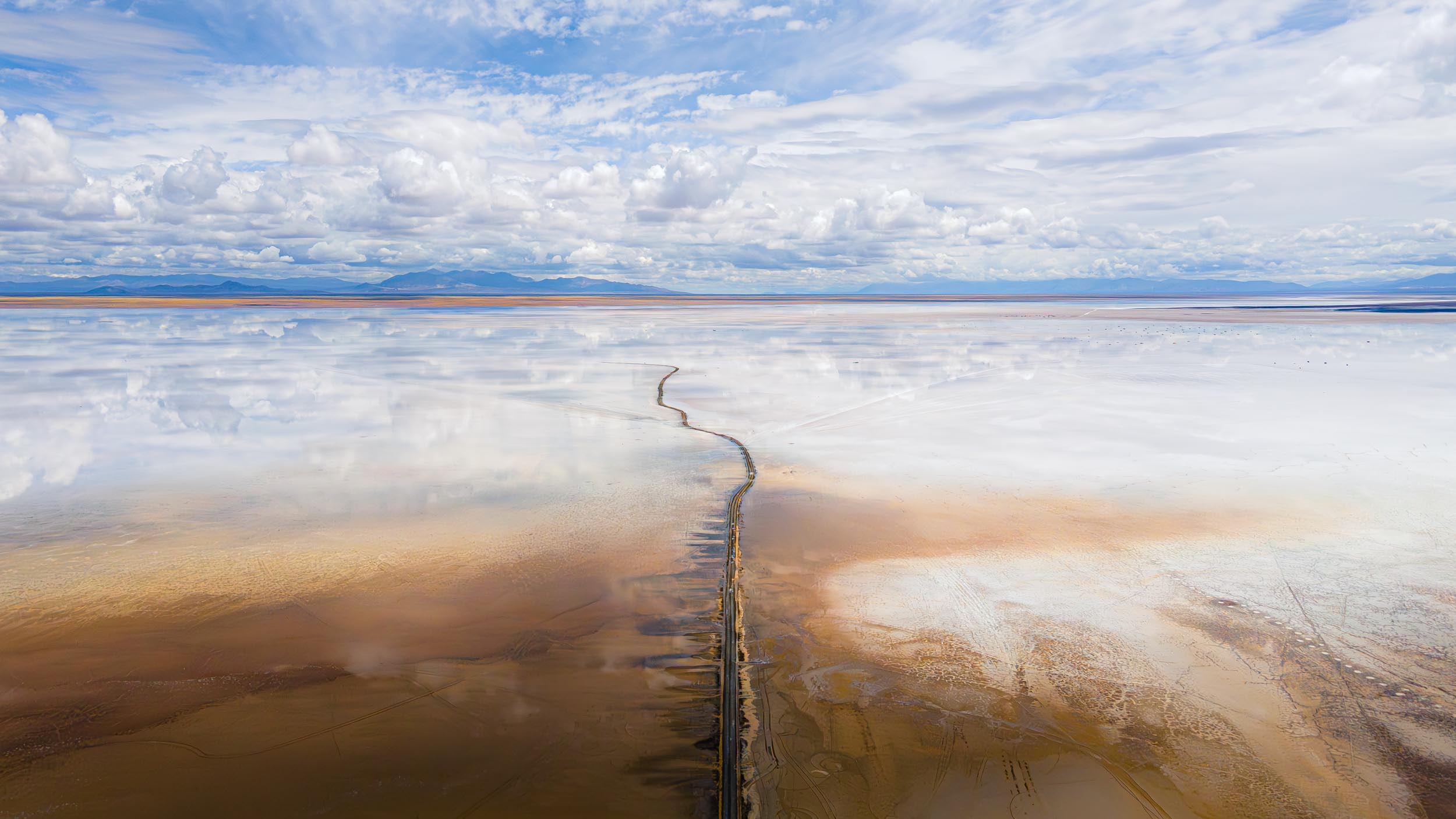
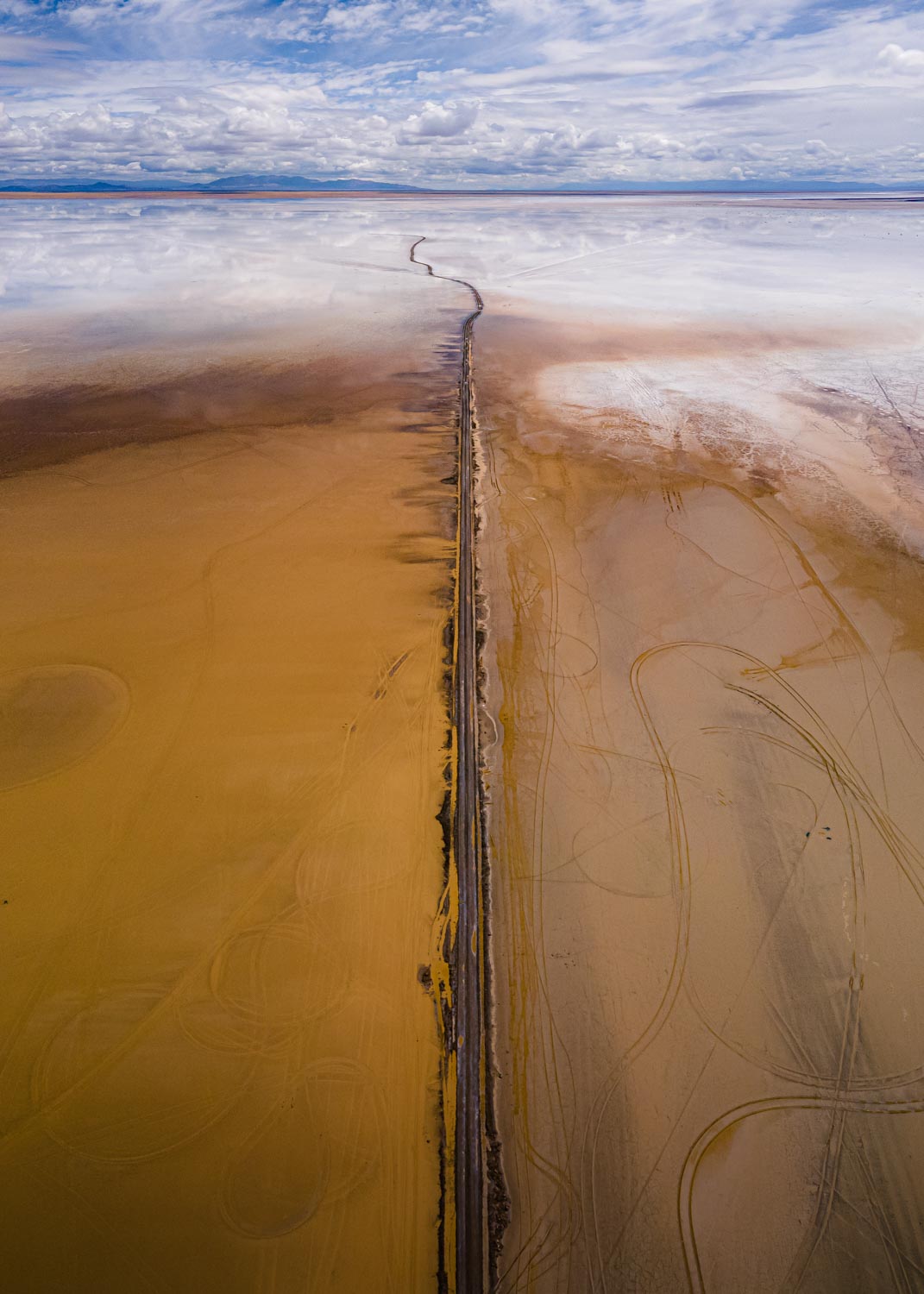
Jujuy
Jujuy is the northwestern-most province in Argentina, bordering with Chile and Bolivia. With an area of 53,219 km² and a population of 673,307 it is one of the smaller provinces in the country. The Altiplano, a plateau 3,500 meters high with peaks of 5,000 meters, covers most of its territory. In the southeast, however, the sierras descend, making deserts, such as the Salinas Grandes, and even jungles, like the Yungas jungle, possible.
The overall climate in the province is arid to semi-arid with an average high temperature of about 22°C. Before being colonized by foreign powers, inhabitants known as the Omaguacas and Ocloyas practiced agriculture there and domesticated the Guanaco. They even built fortresses such as the Pucará de Tilcara, but were later conquered by the Incas. Jujuy's economy nowadays mainly consists of agriculture and mining. It mostly produces sugarcane and tobacco and exports a lot of lithium which comes from its vast salt lakes.
Salinas Grandes
The Salinas Grandes in Jujuy is a giant salt lake in the south of the province. It is also one of the largest lithium mines in Argentina having reserves of 20 million tonnes of lithium. As a result there is a constant truck traffic around the salt lake.
Text adapted from Wikipedia.org
Press Enter to automatically
scroll to the next picture
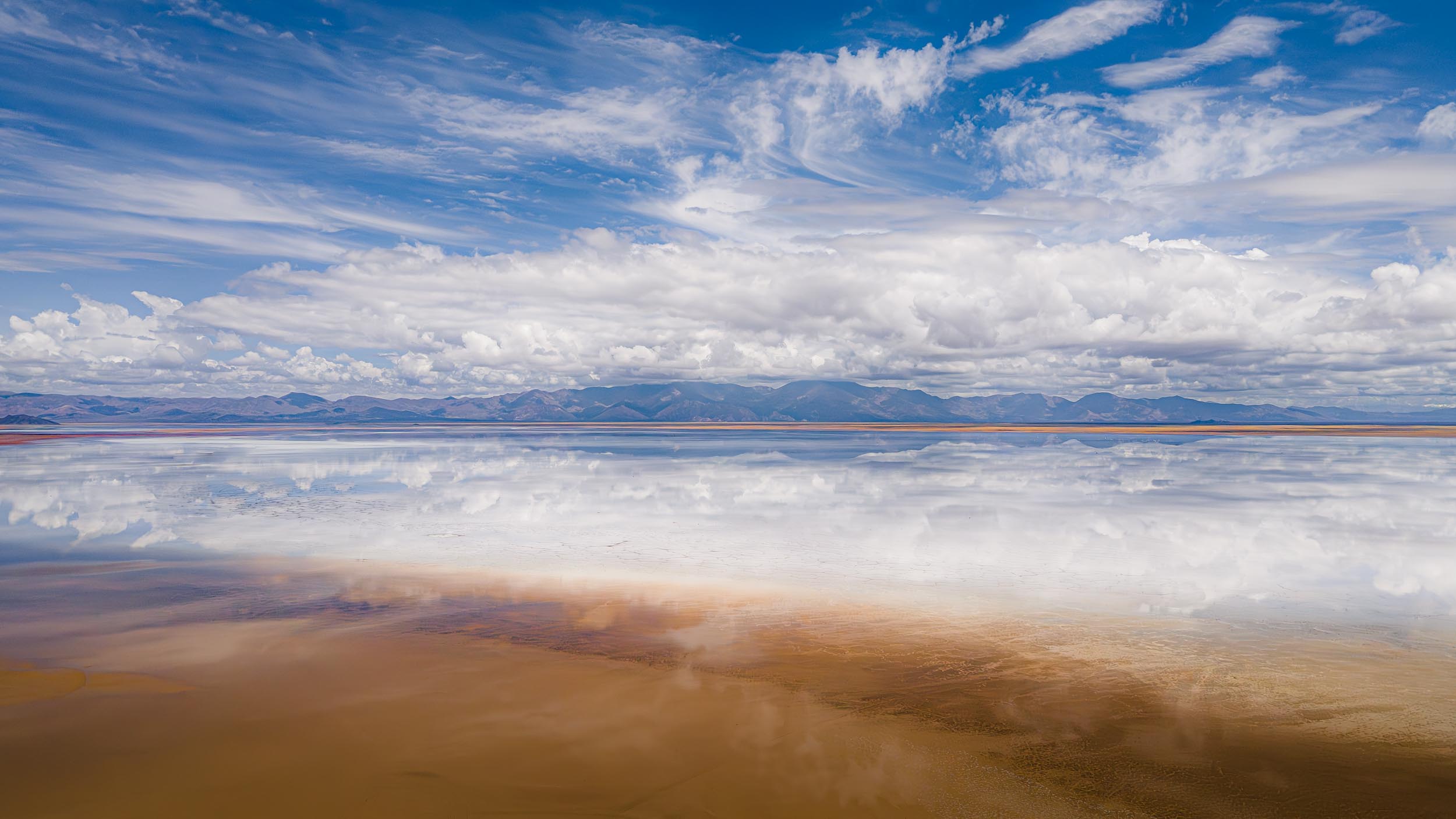
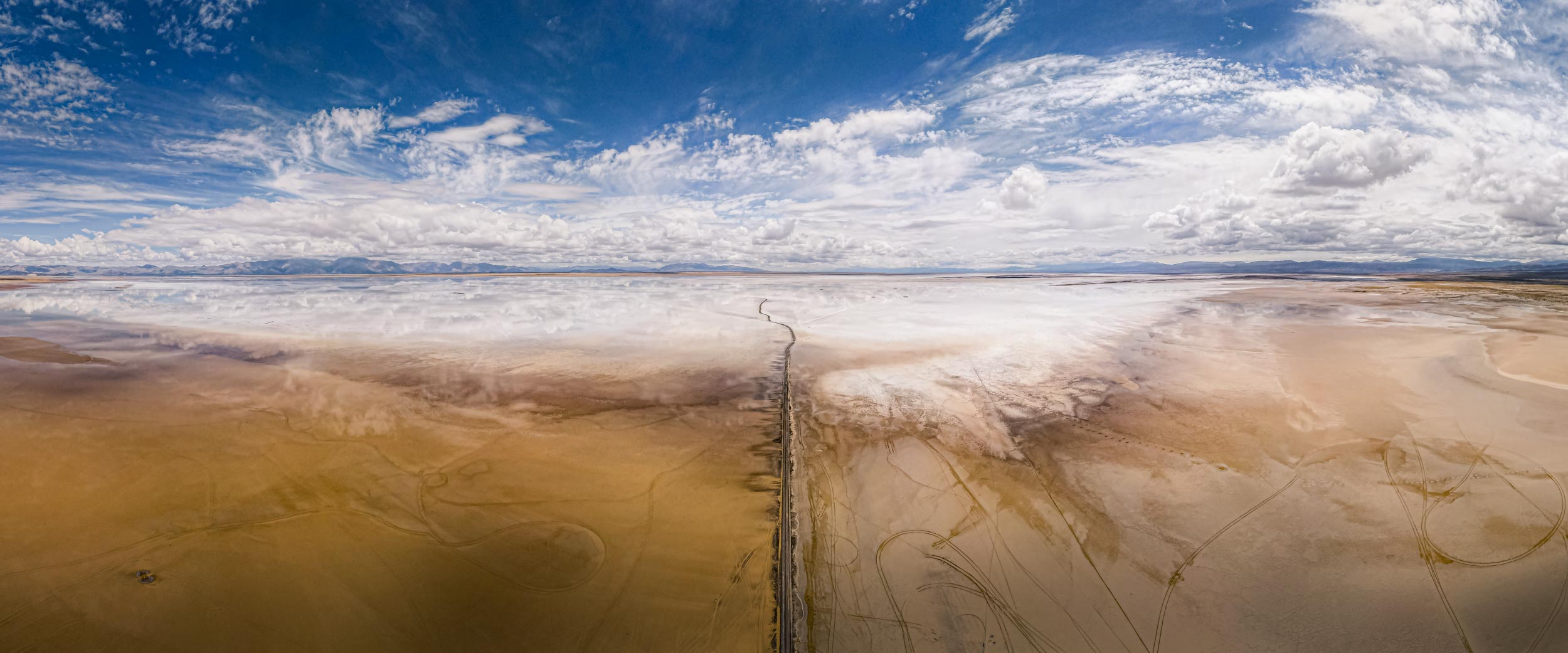
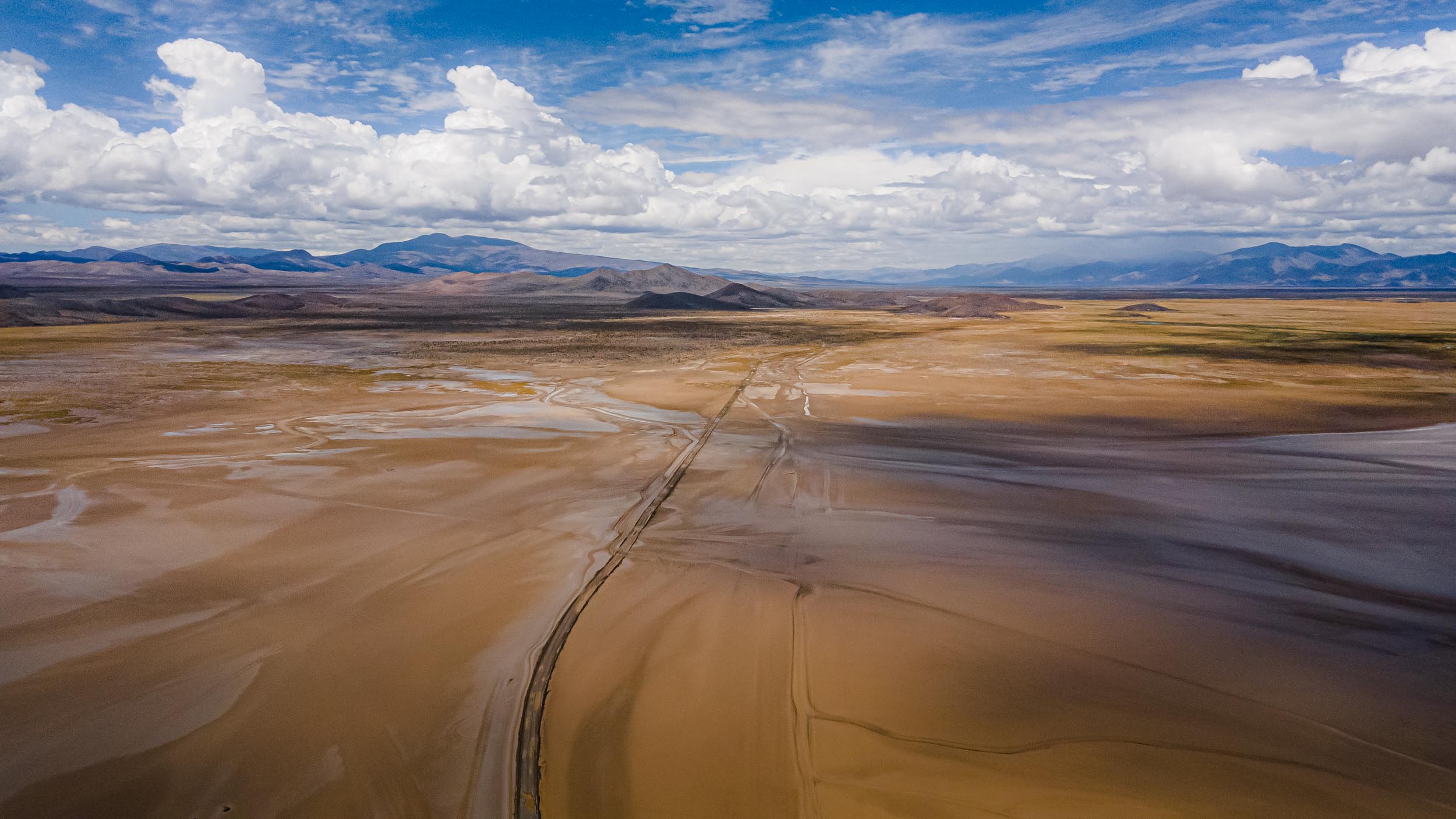
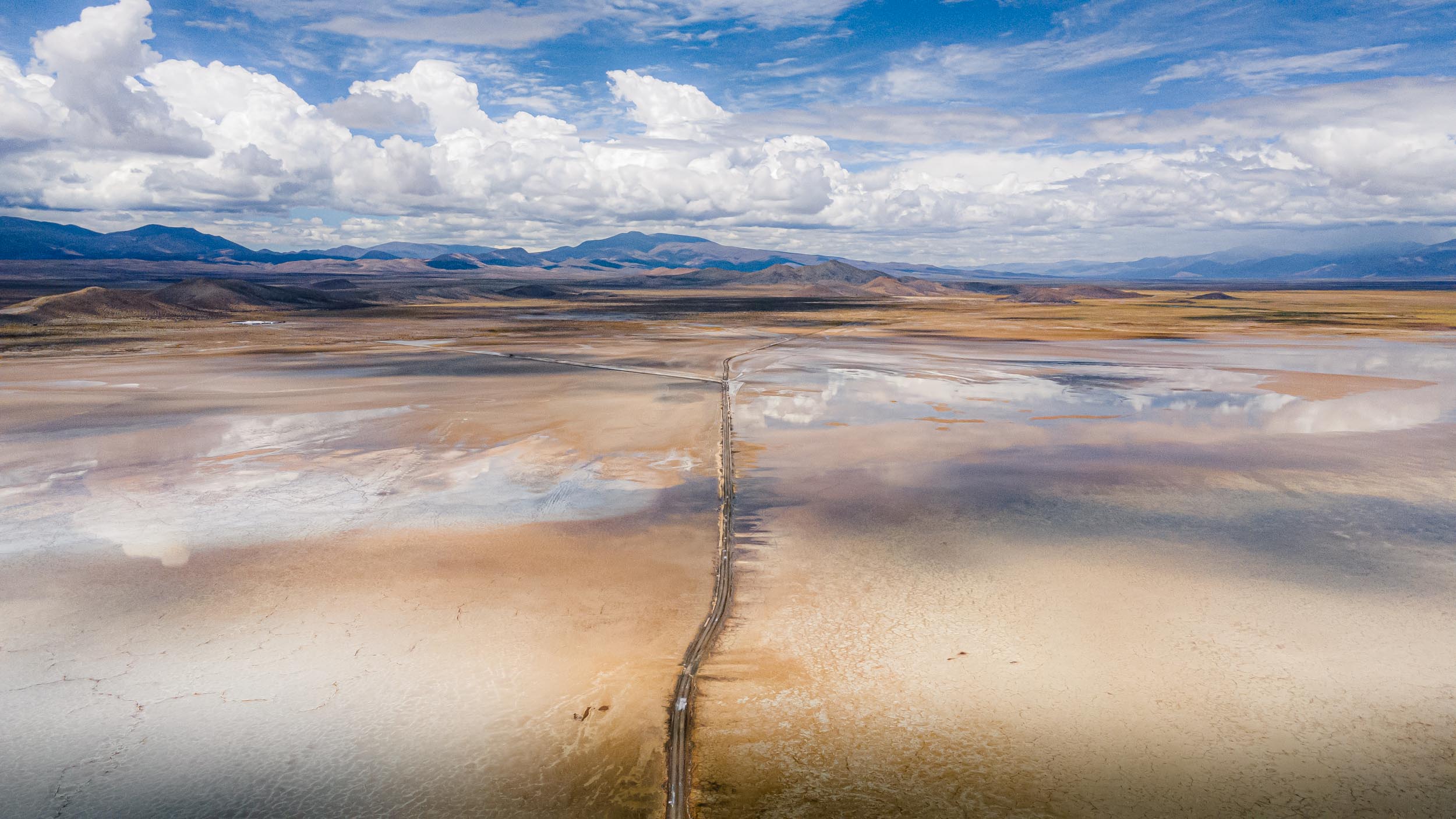
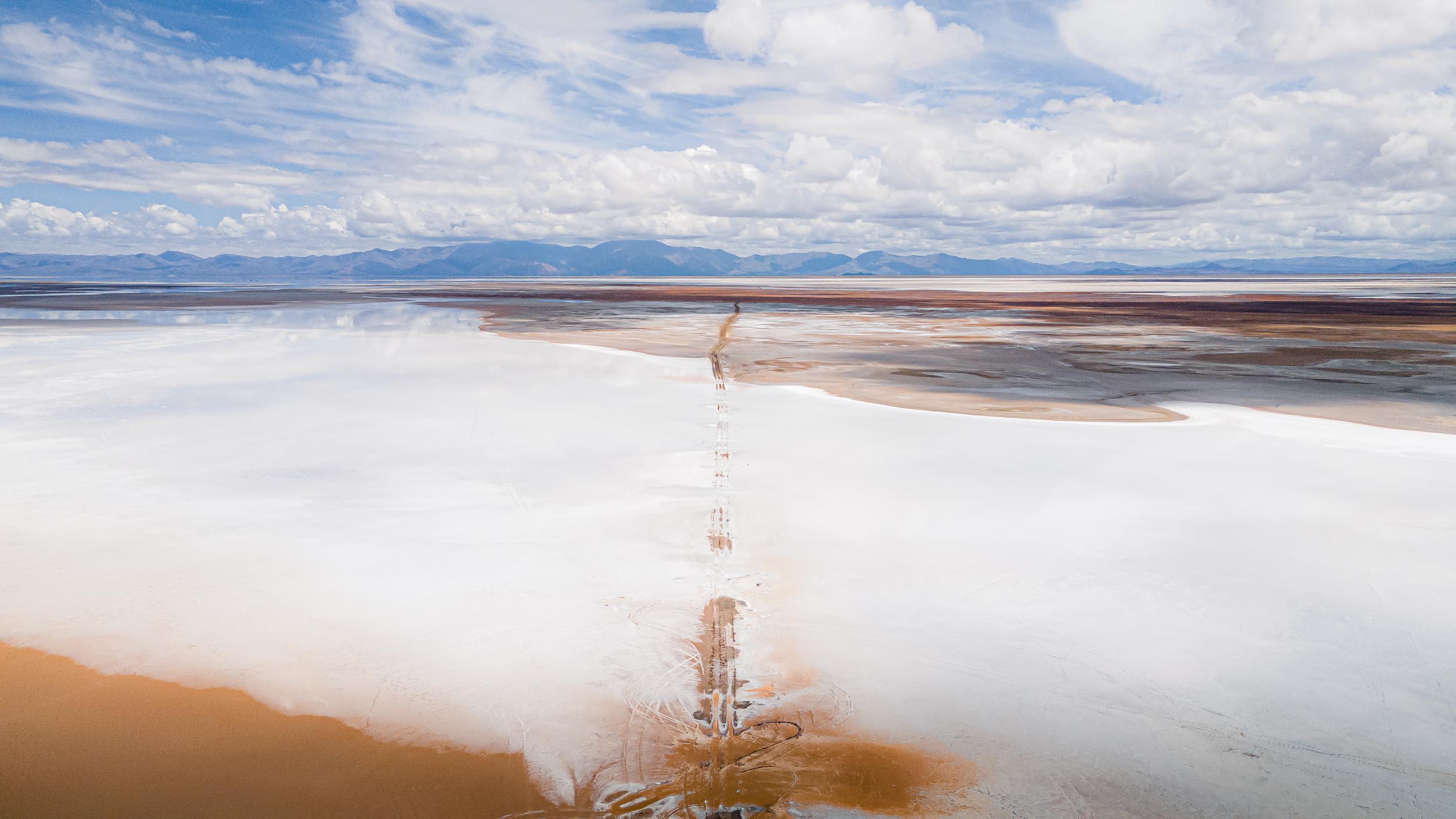
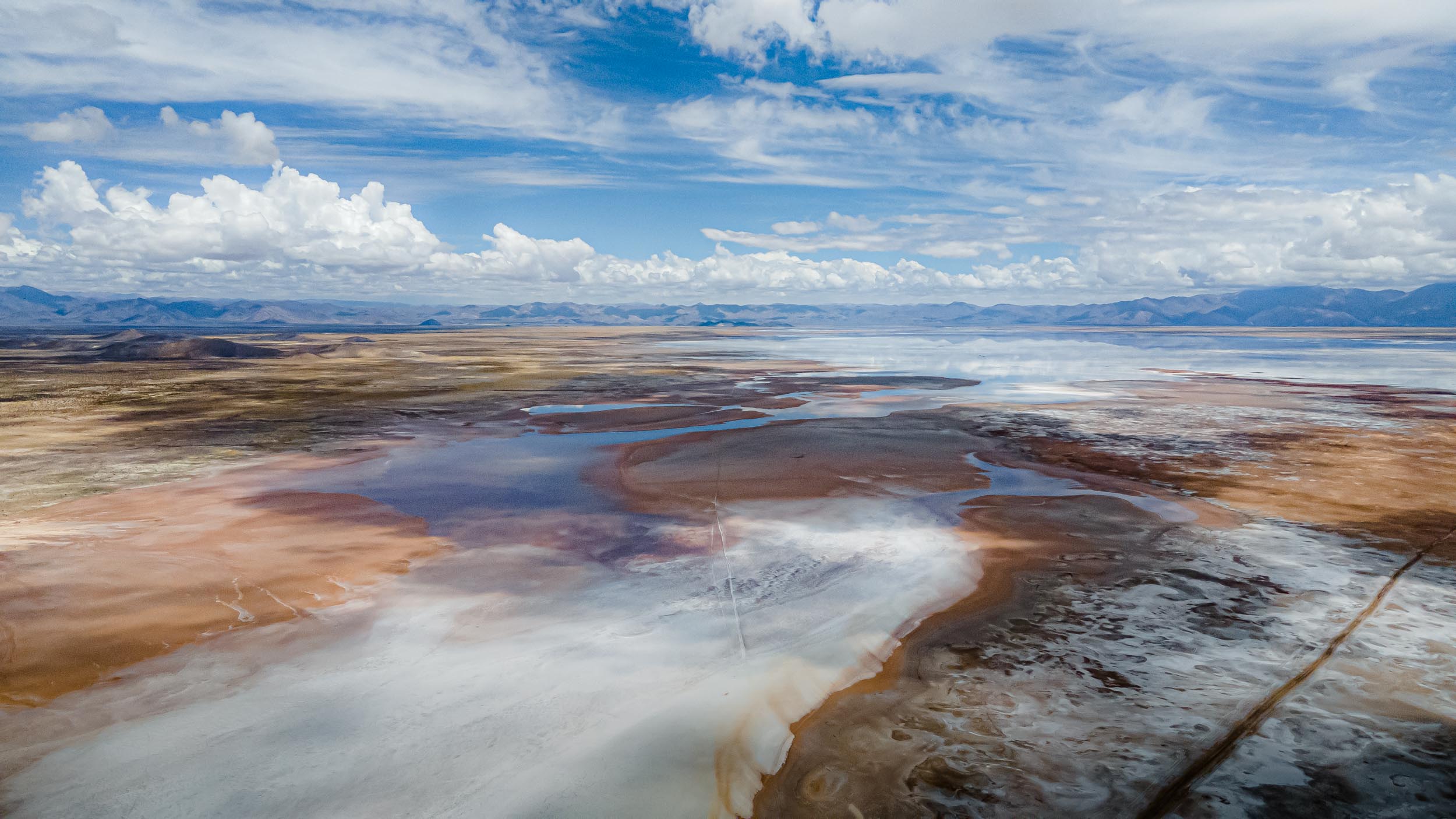
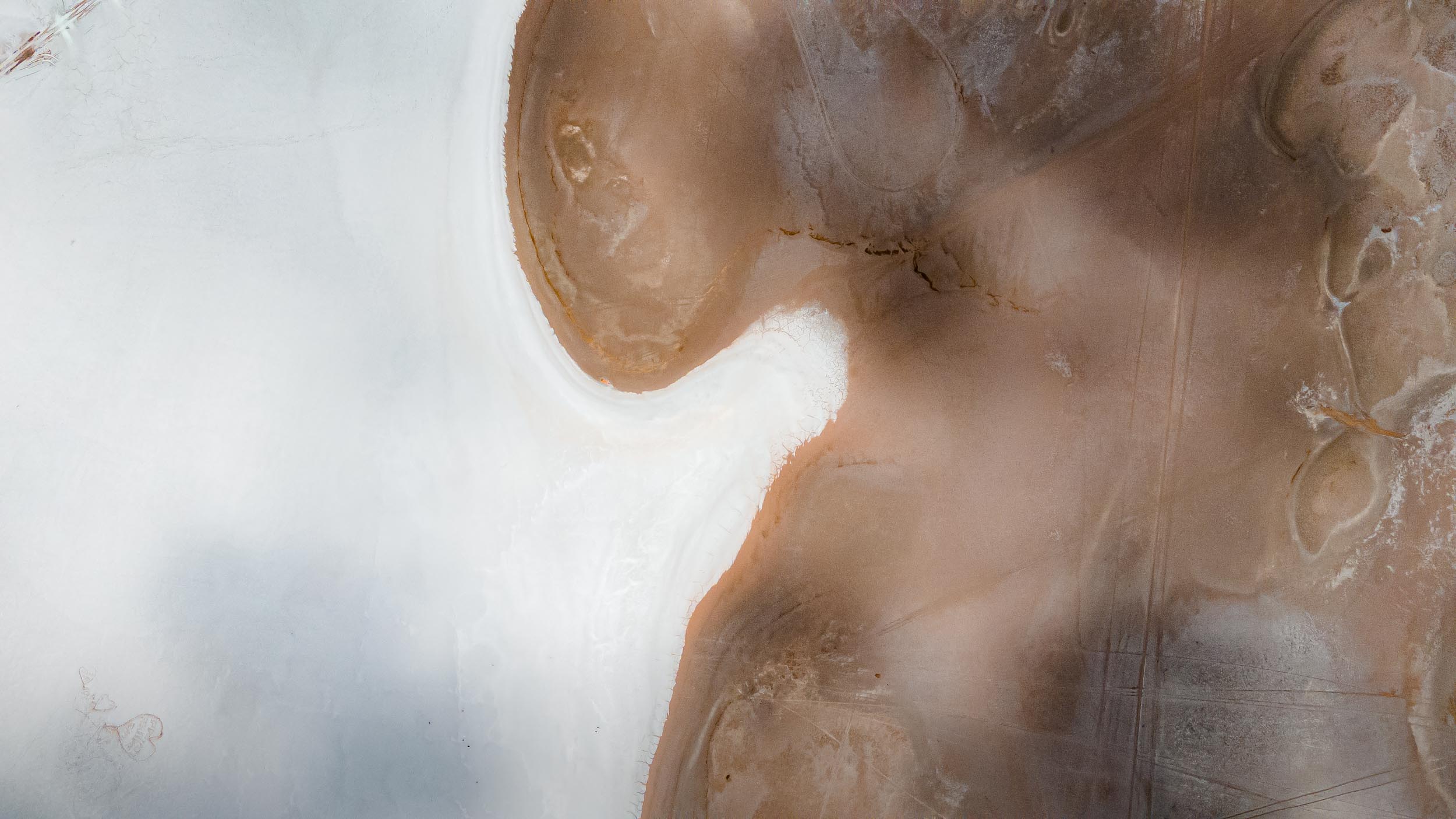
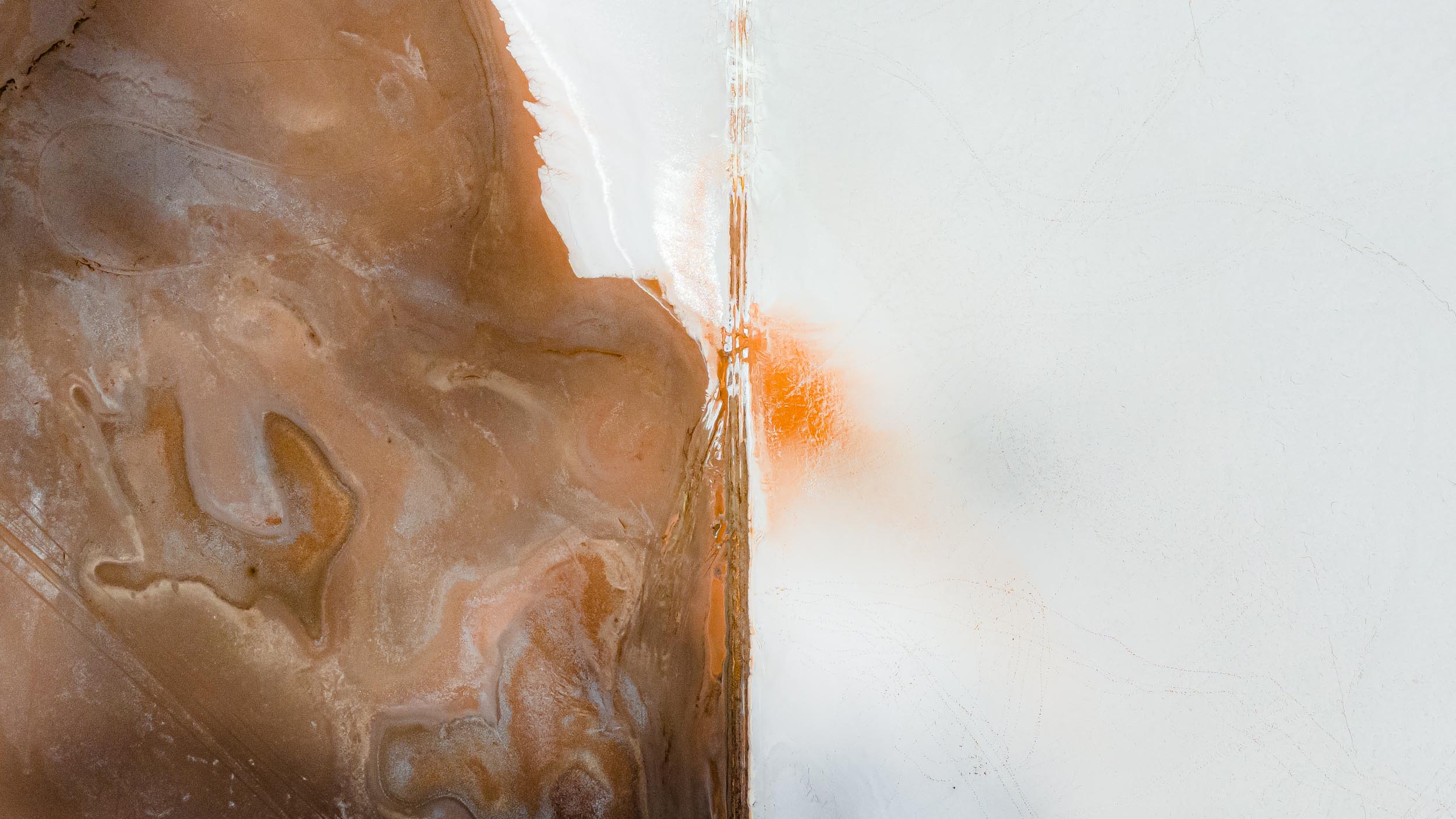
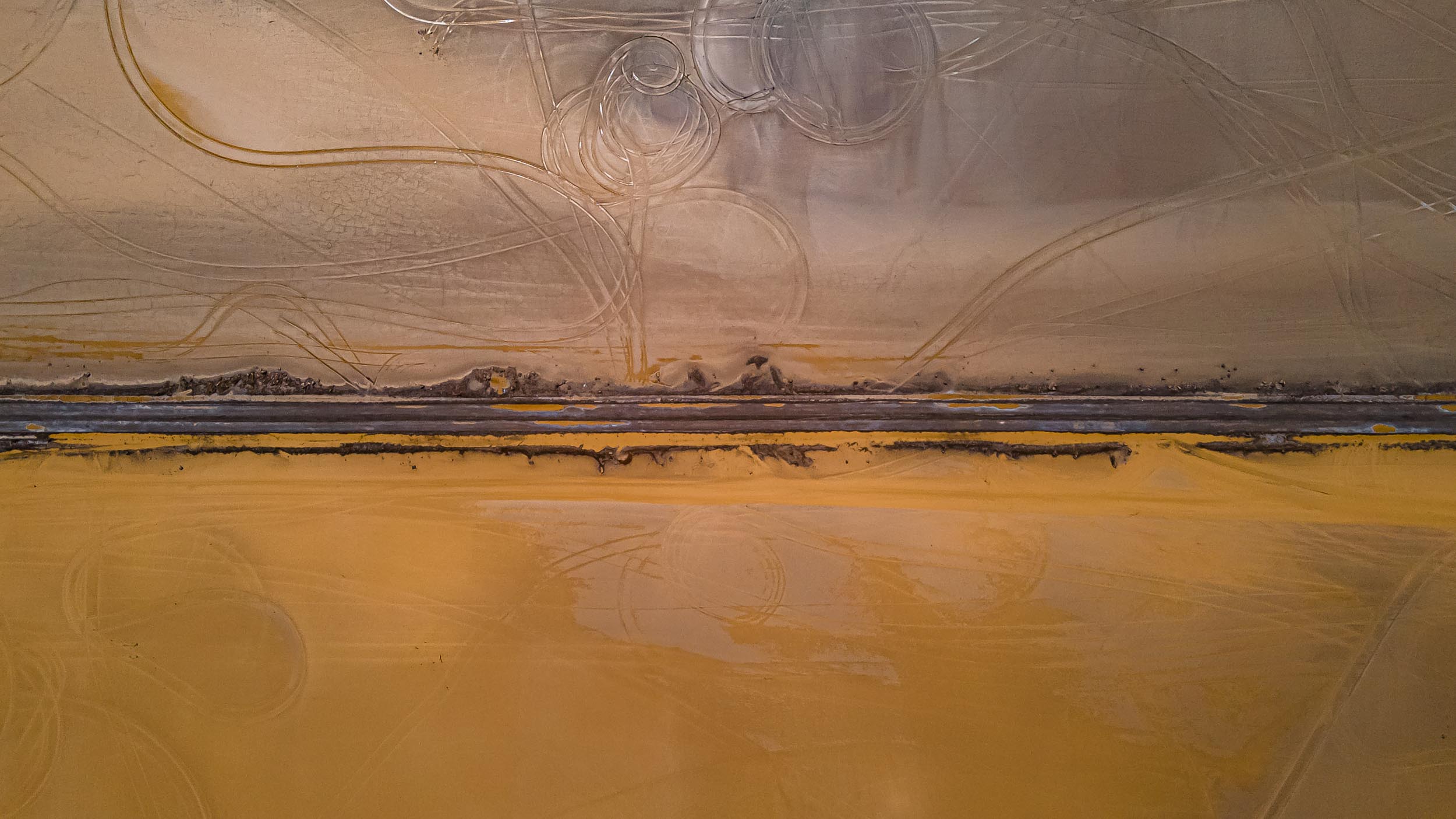
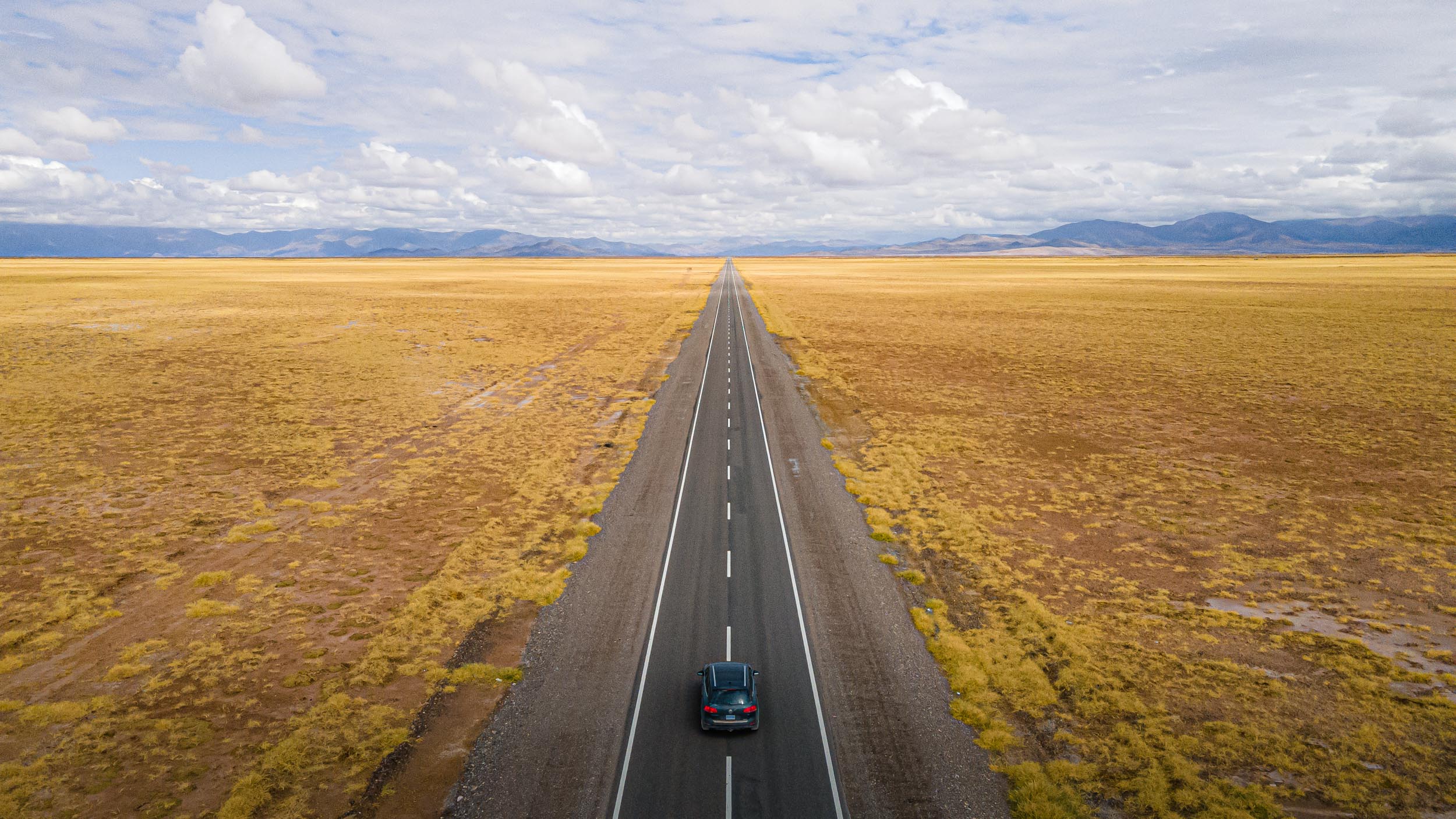
Driving through the Salinas
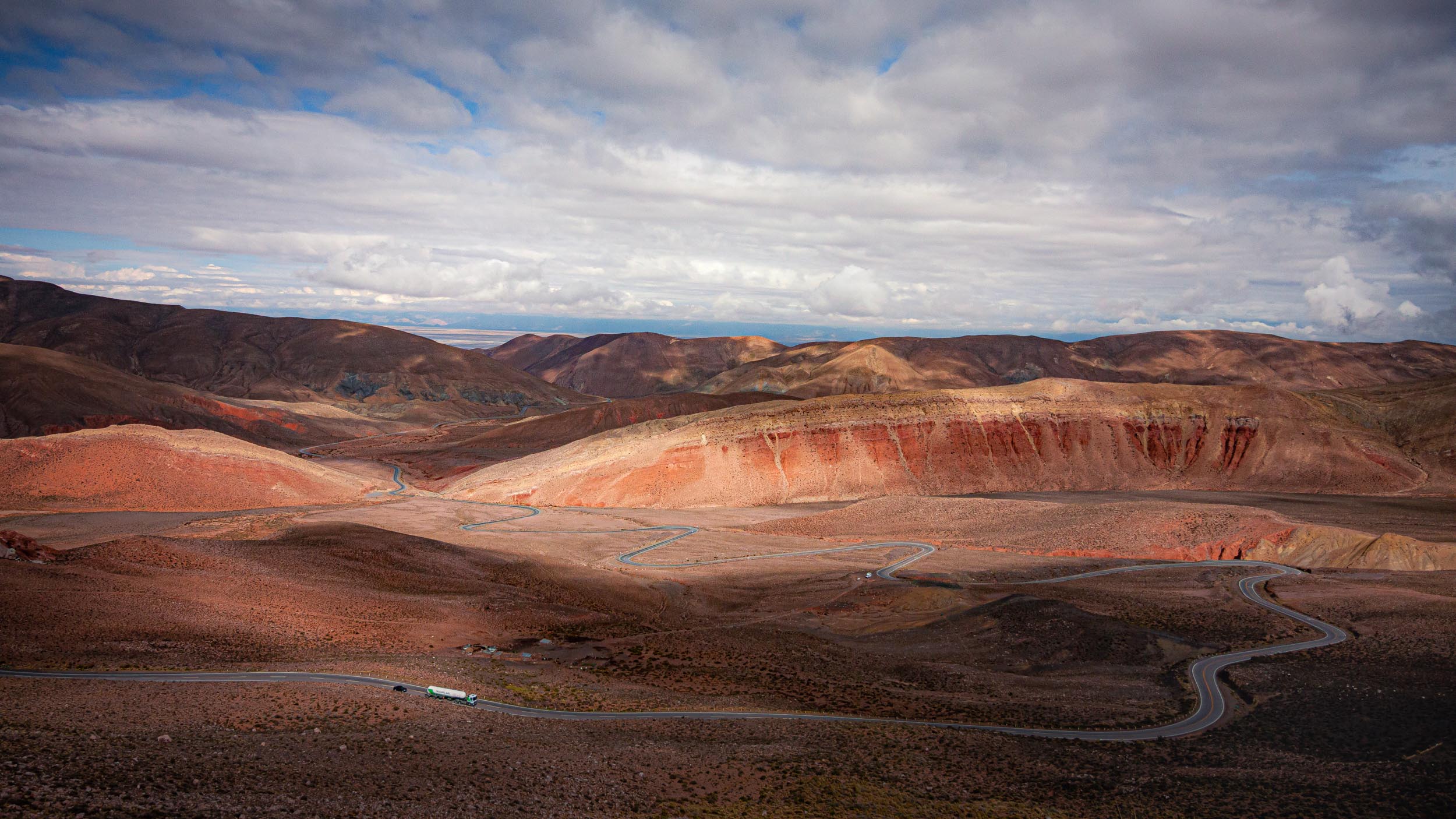
The Ruta Nacional 52 winding itself down from a 4170 meter high pass near the Salinas Grandes
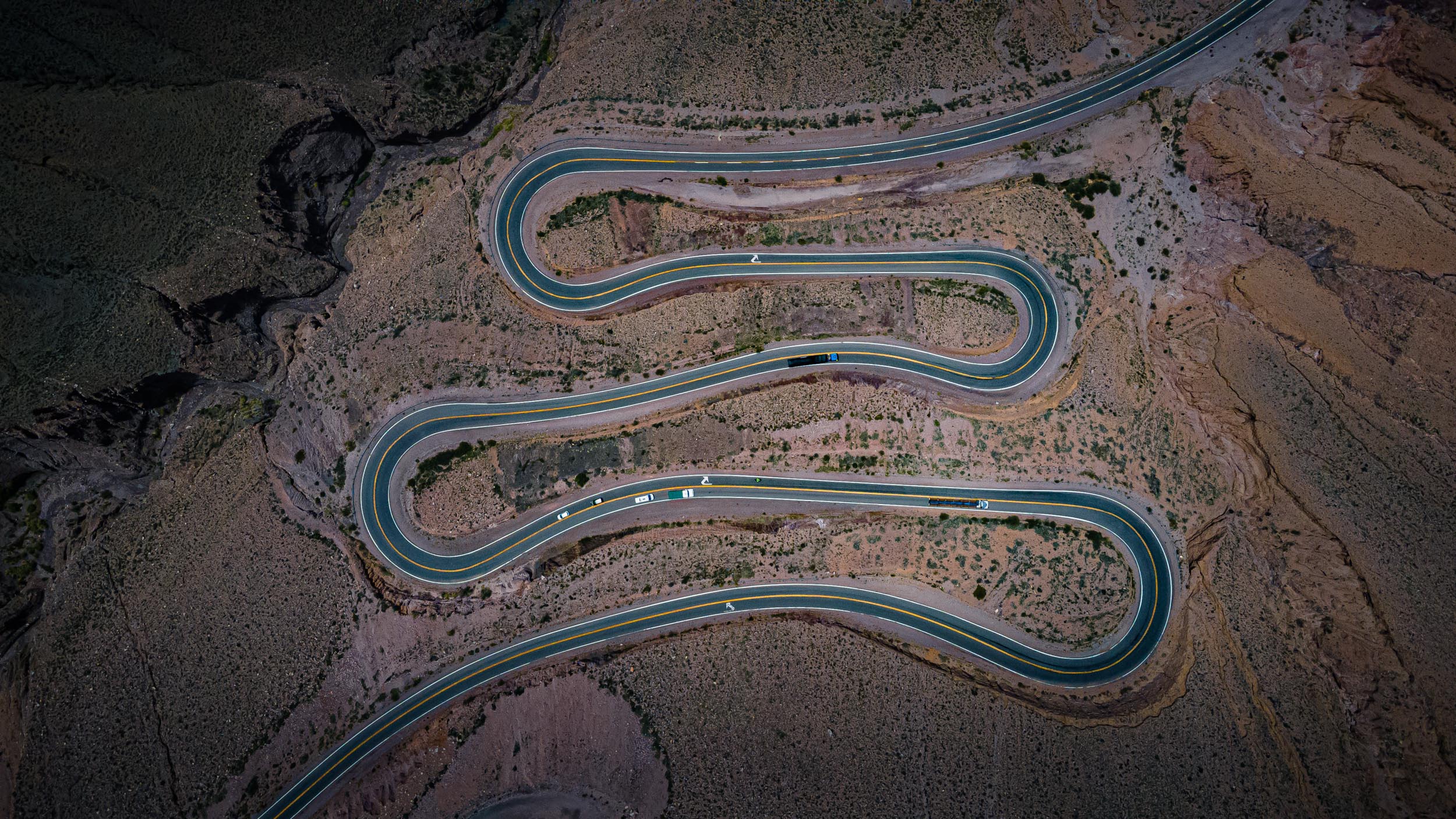
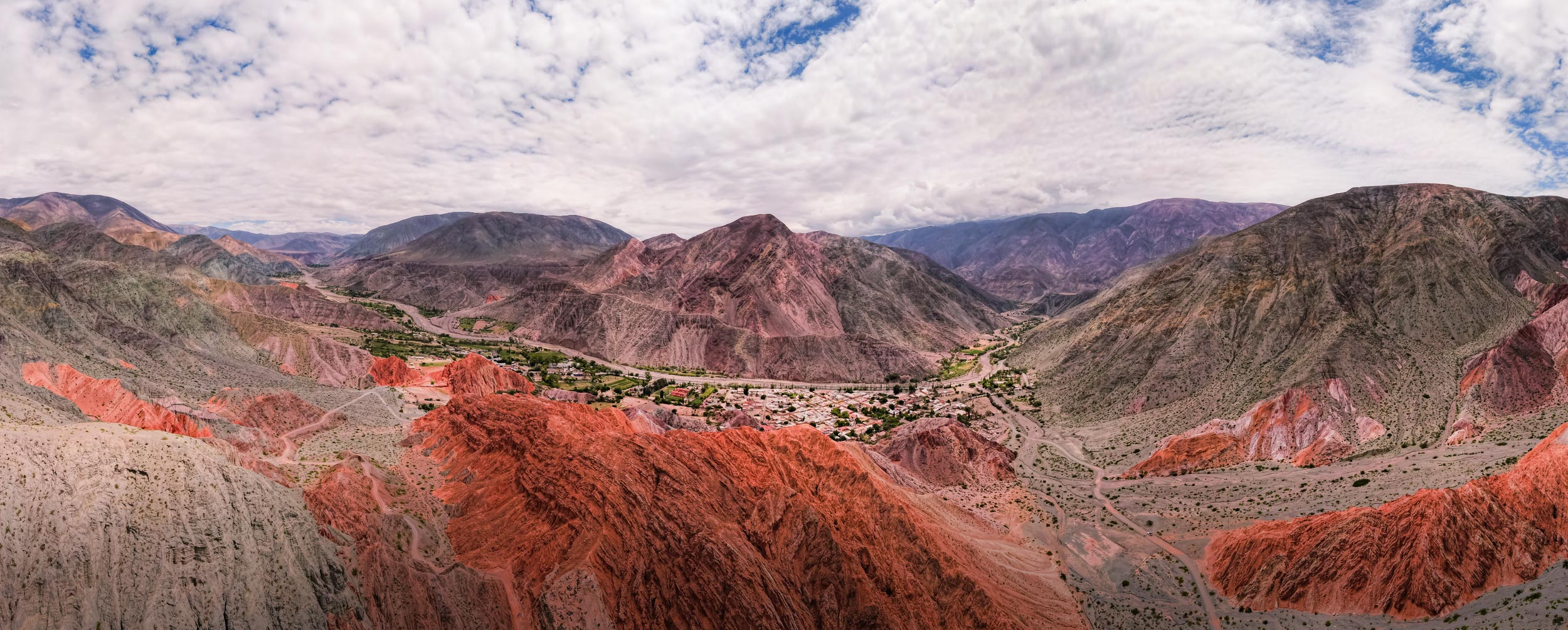
The colorful mountains surrounding the town of Purmamarca
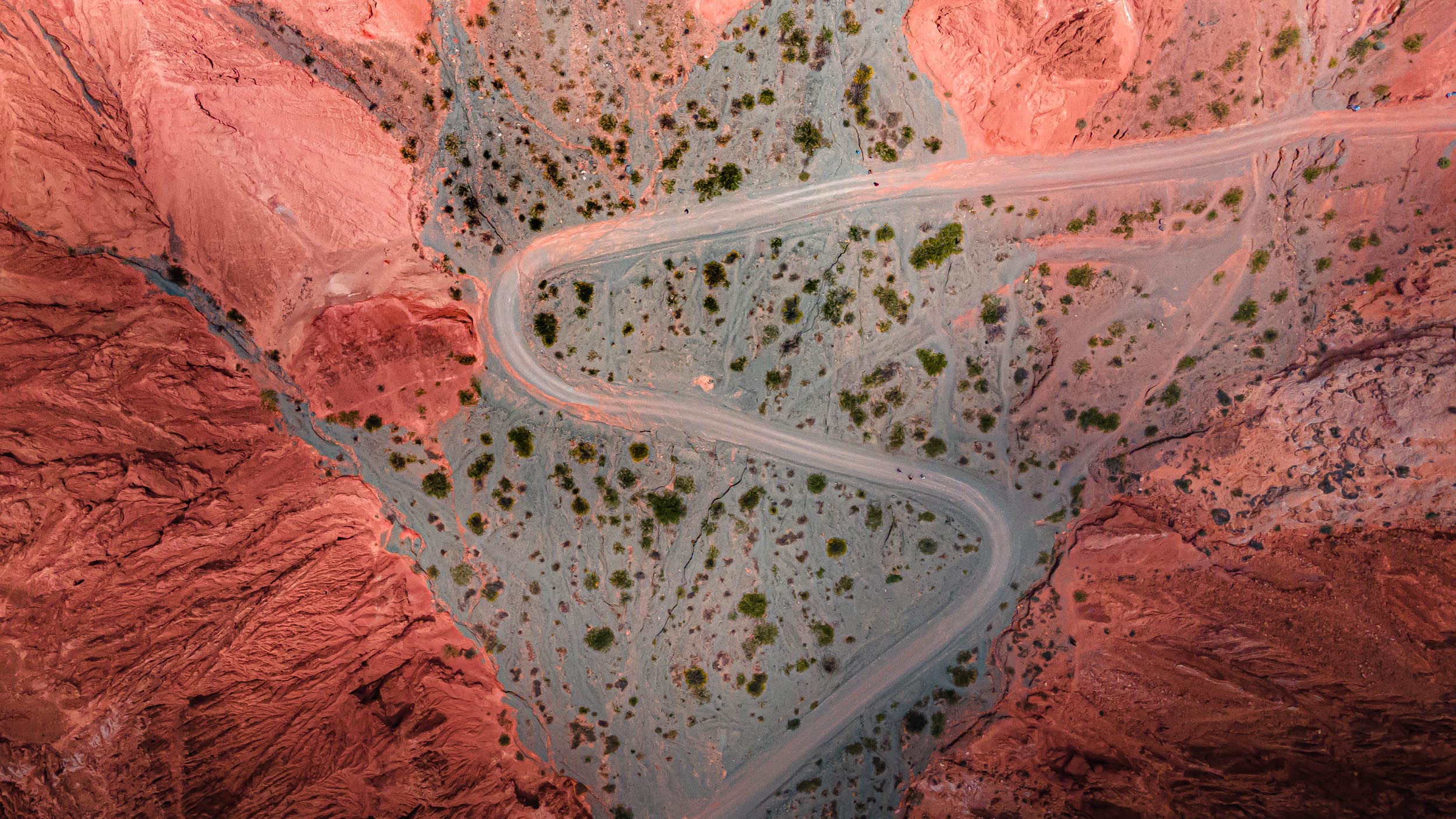
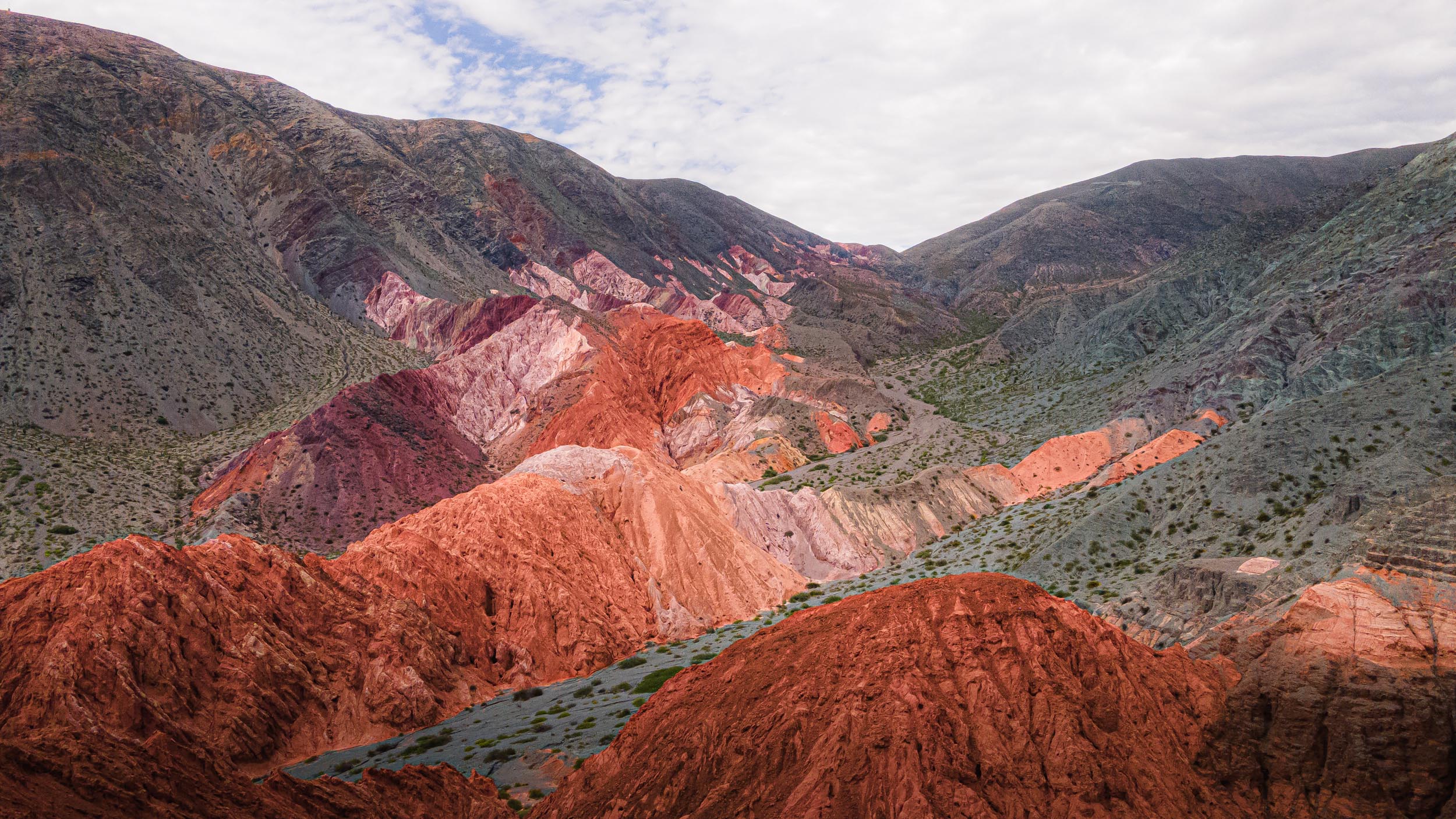
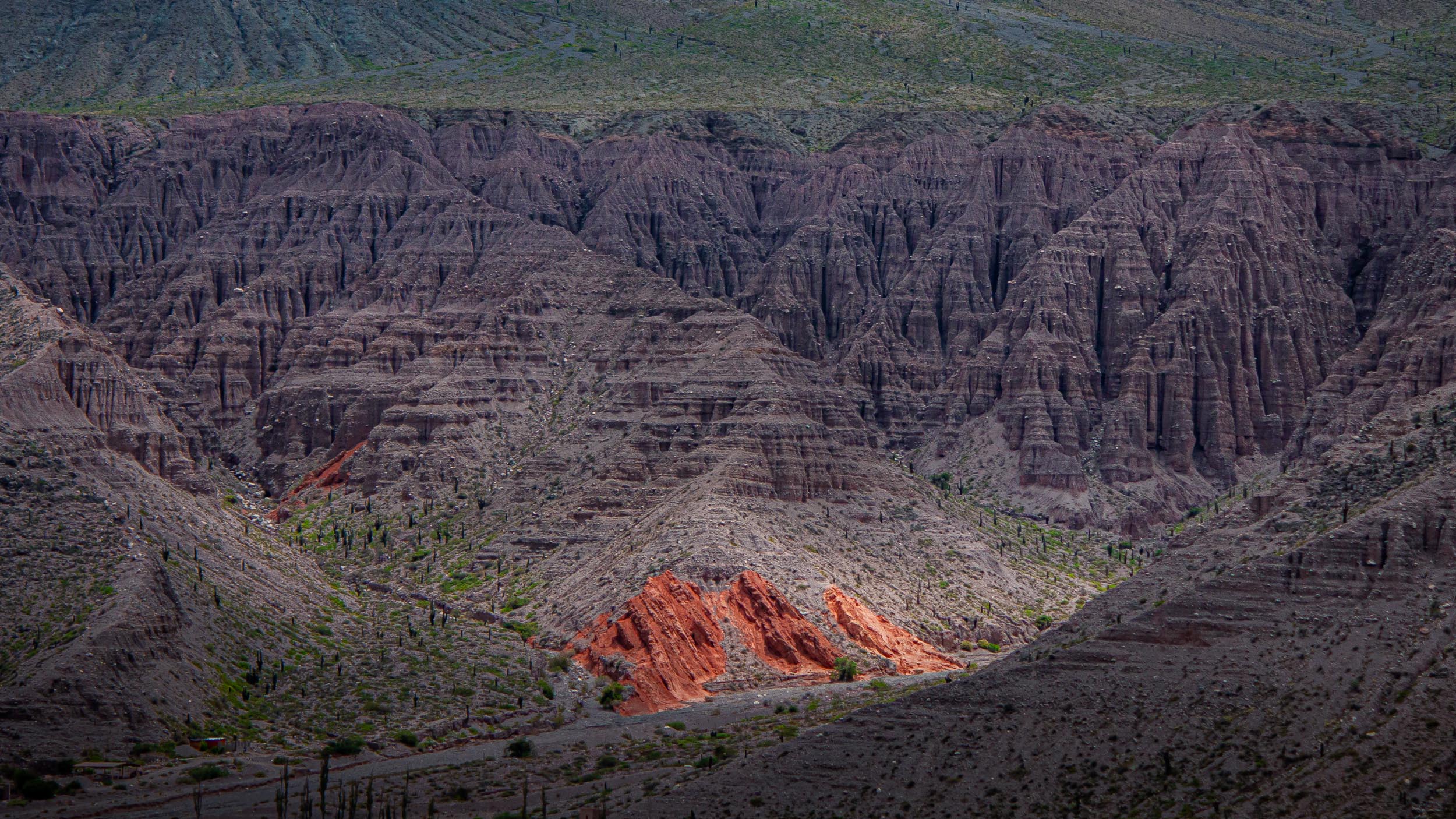
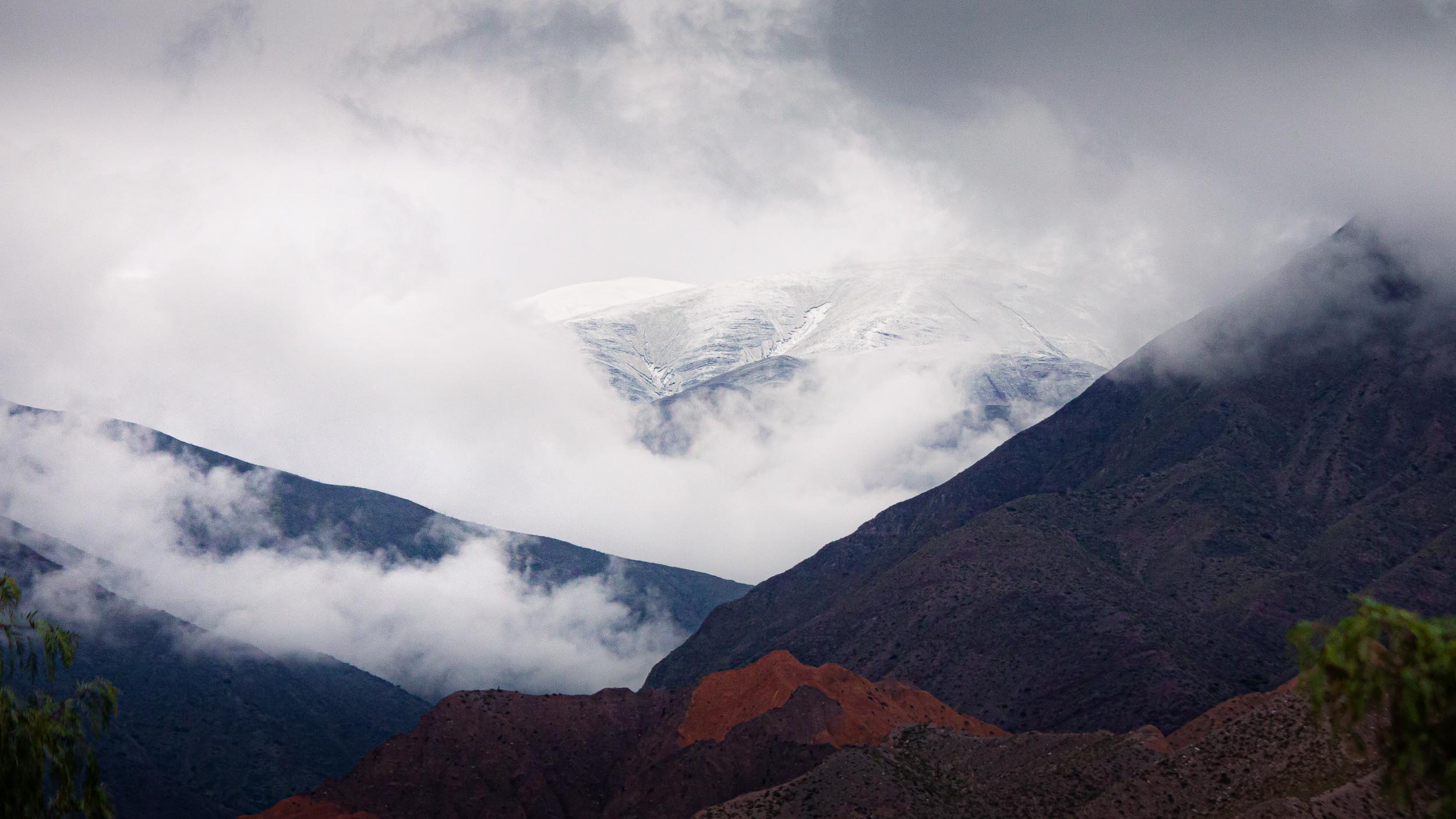
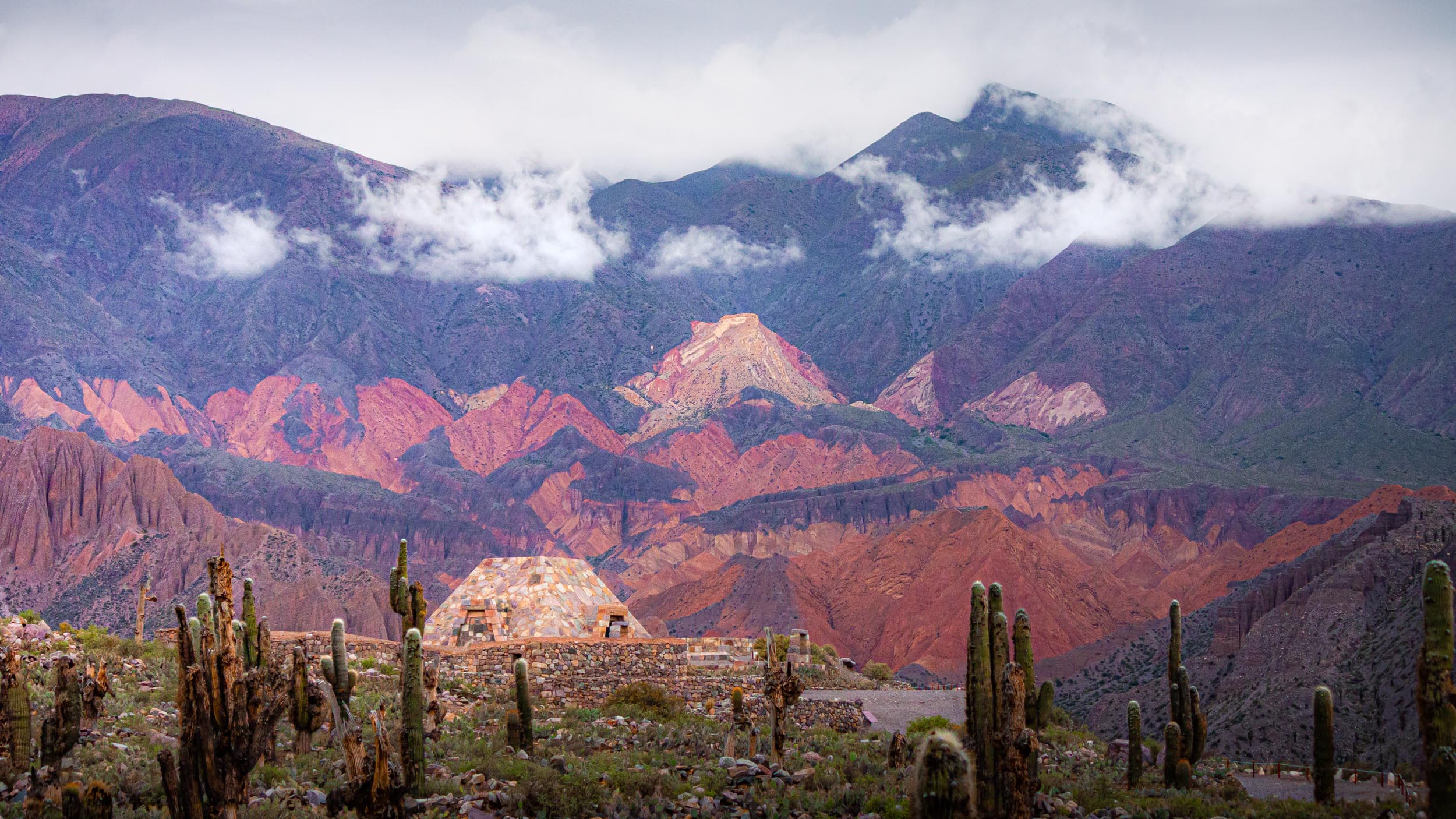
Pucará de Tilcara
Ruins of an ancient fort built by the Omaguaca tribe
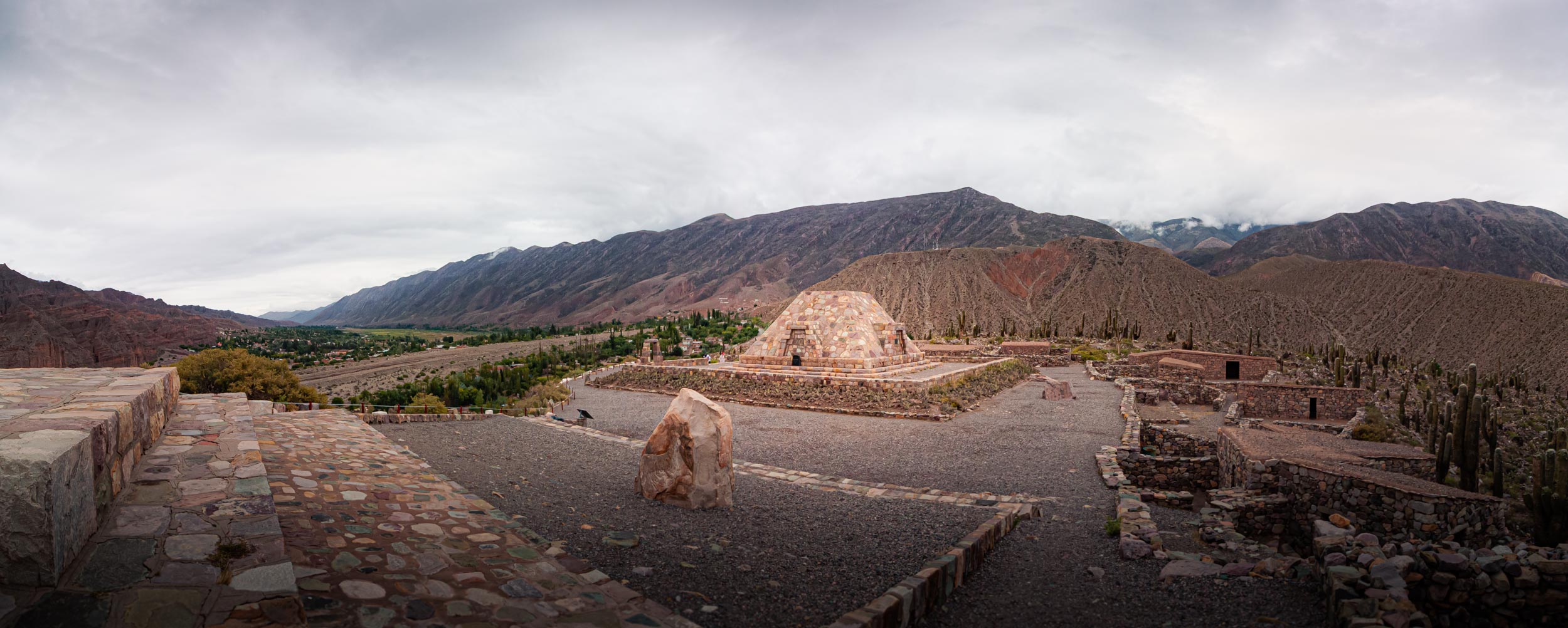
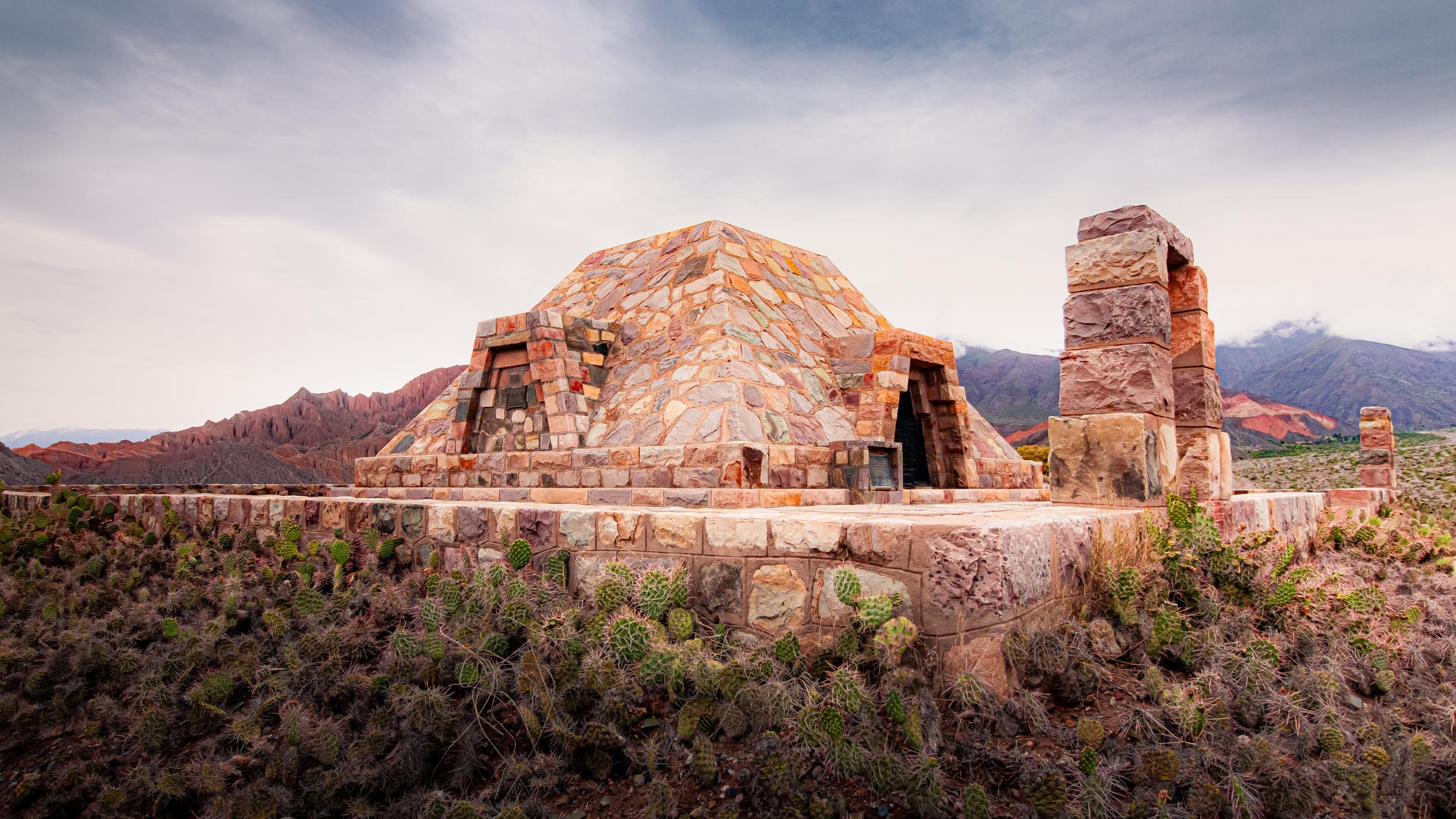
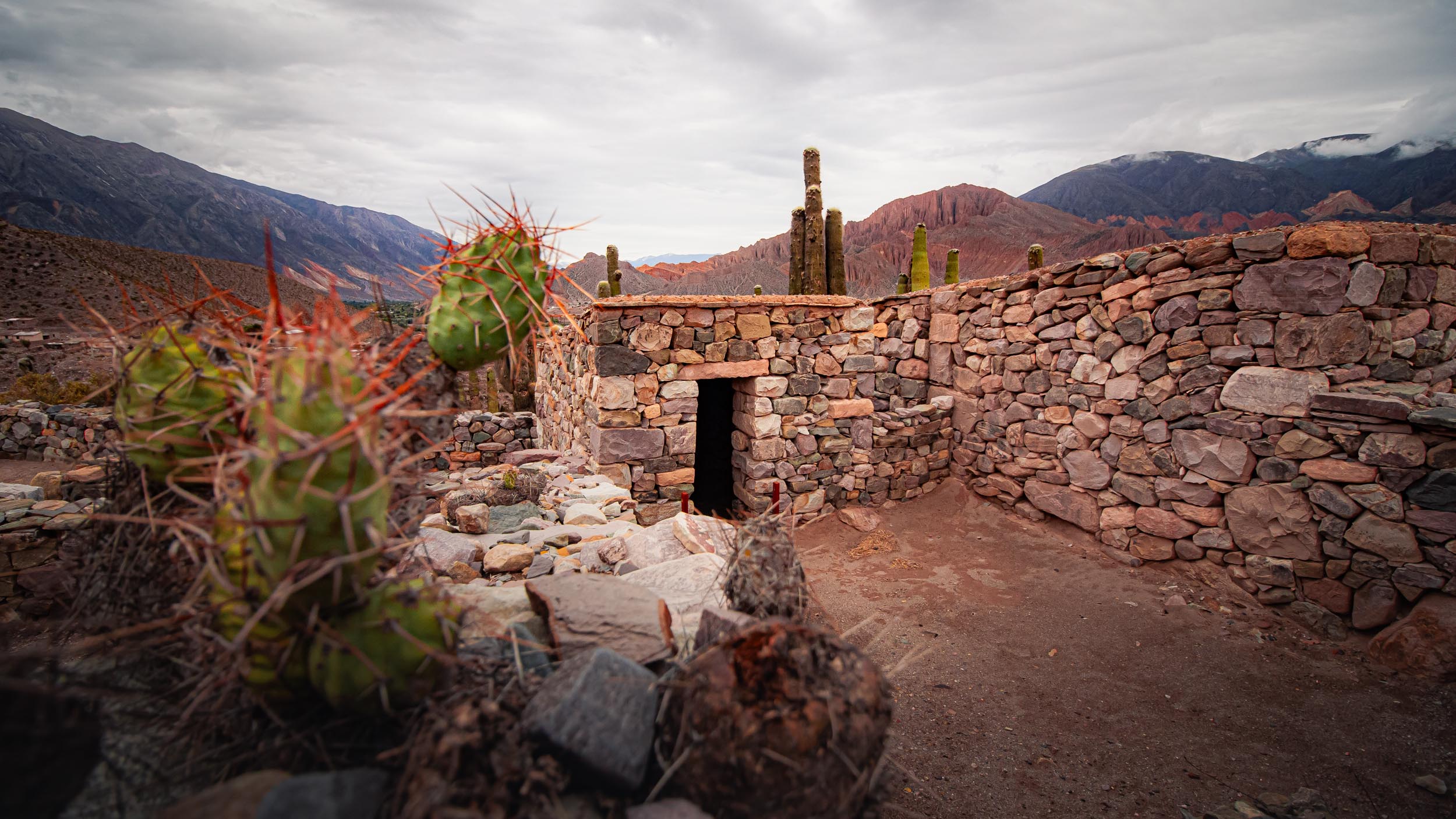
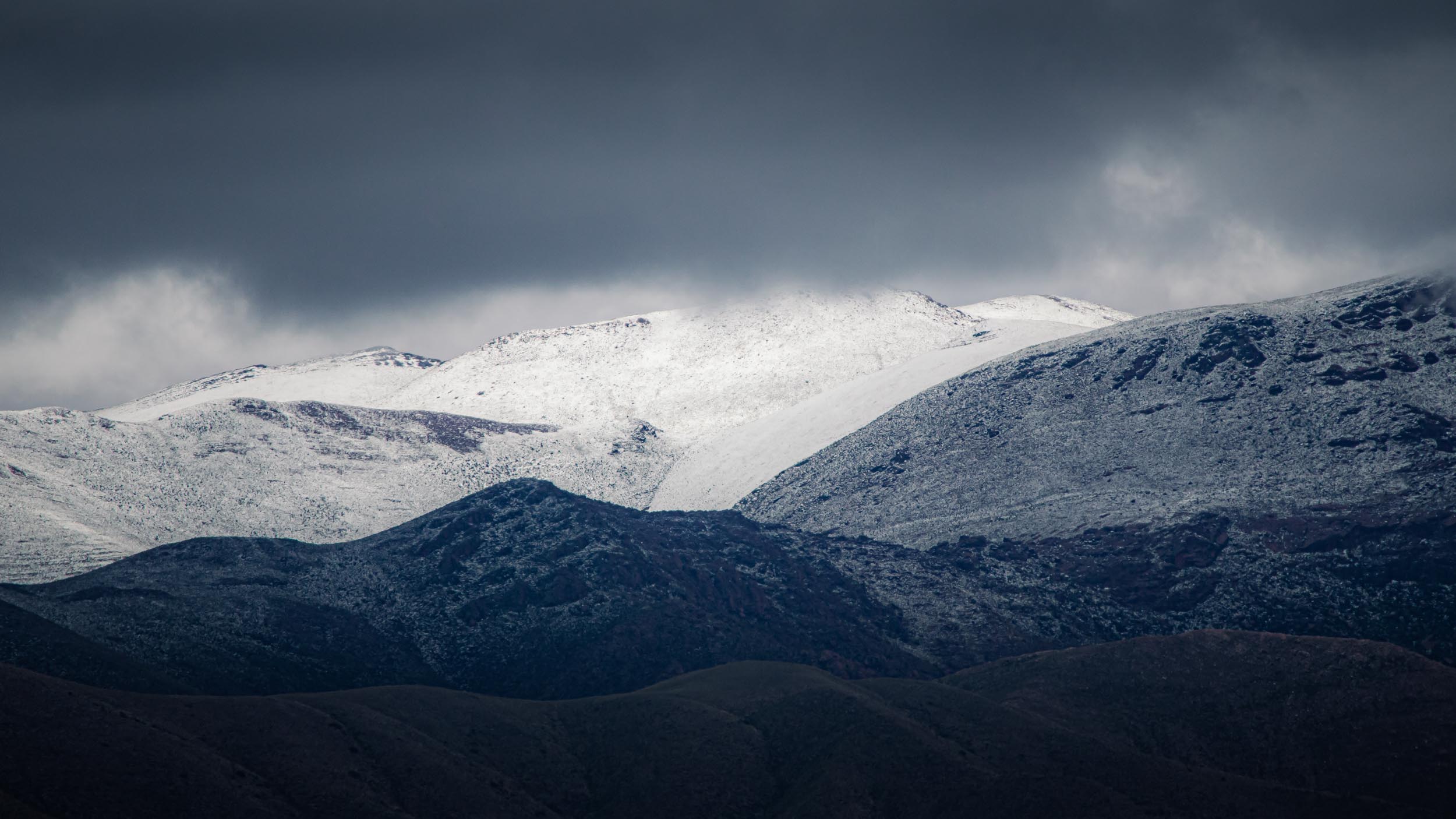
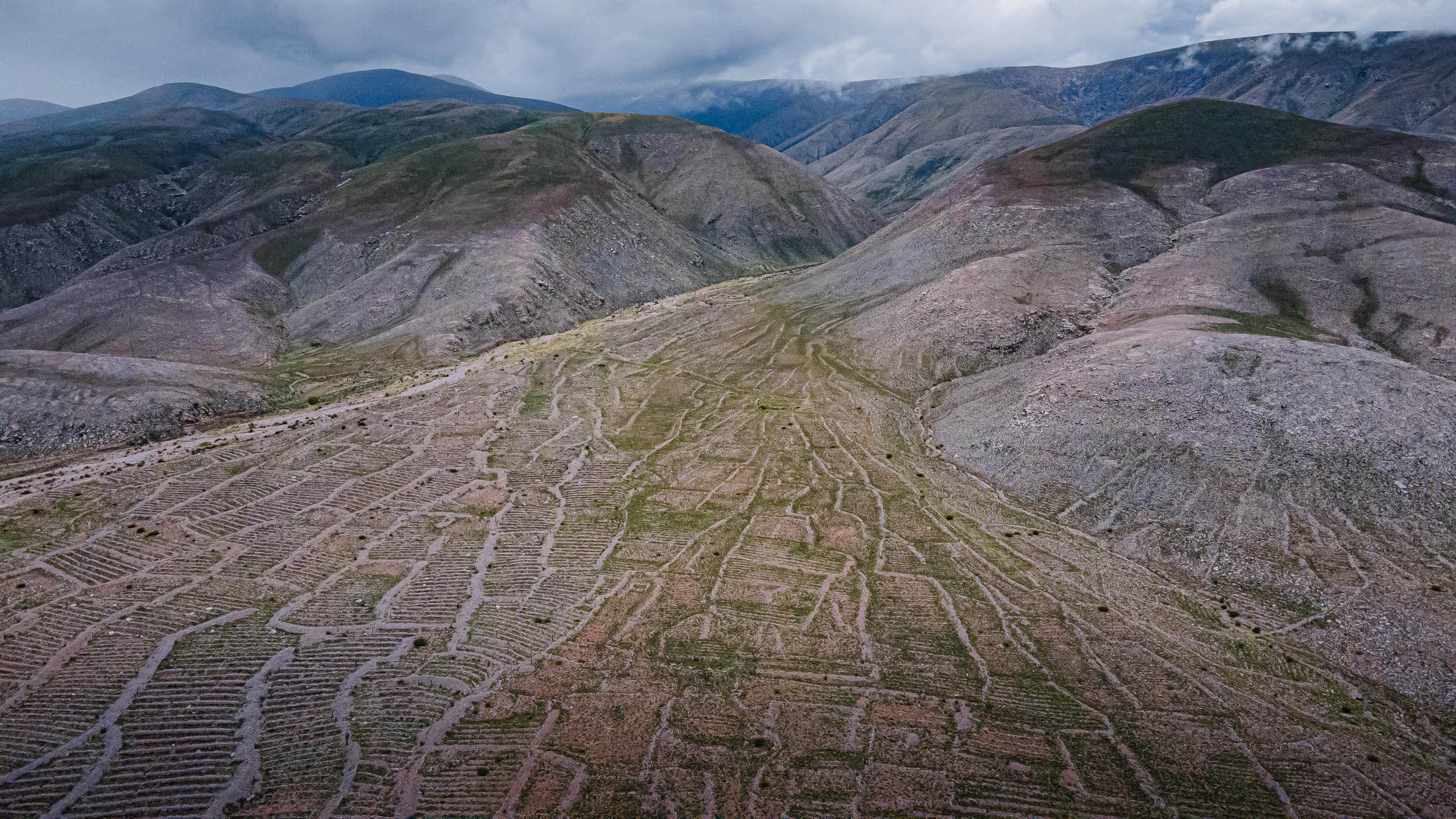
Ruins of a still unnamed ancient agricultural site near Humahuaca
